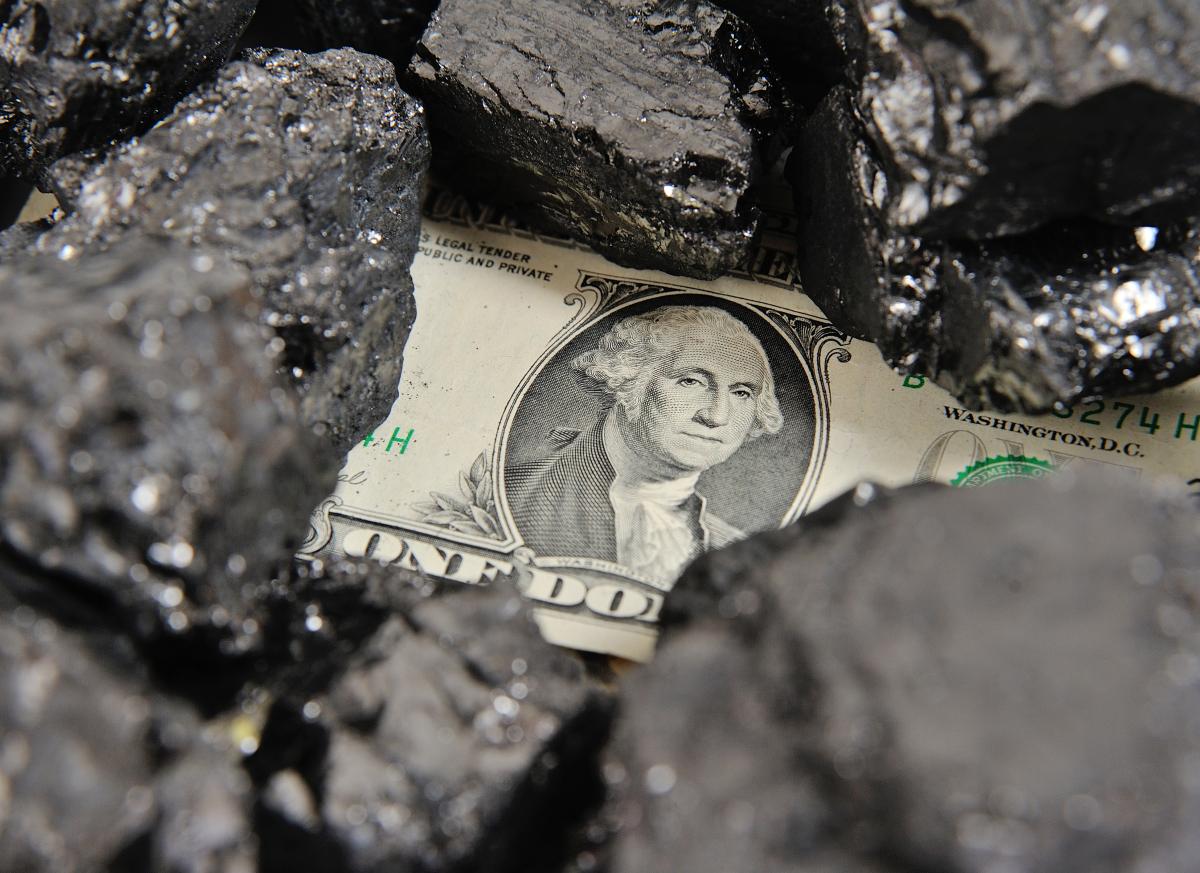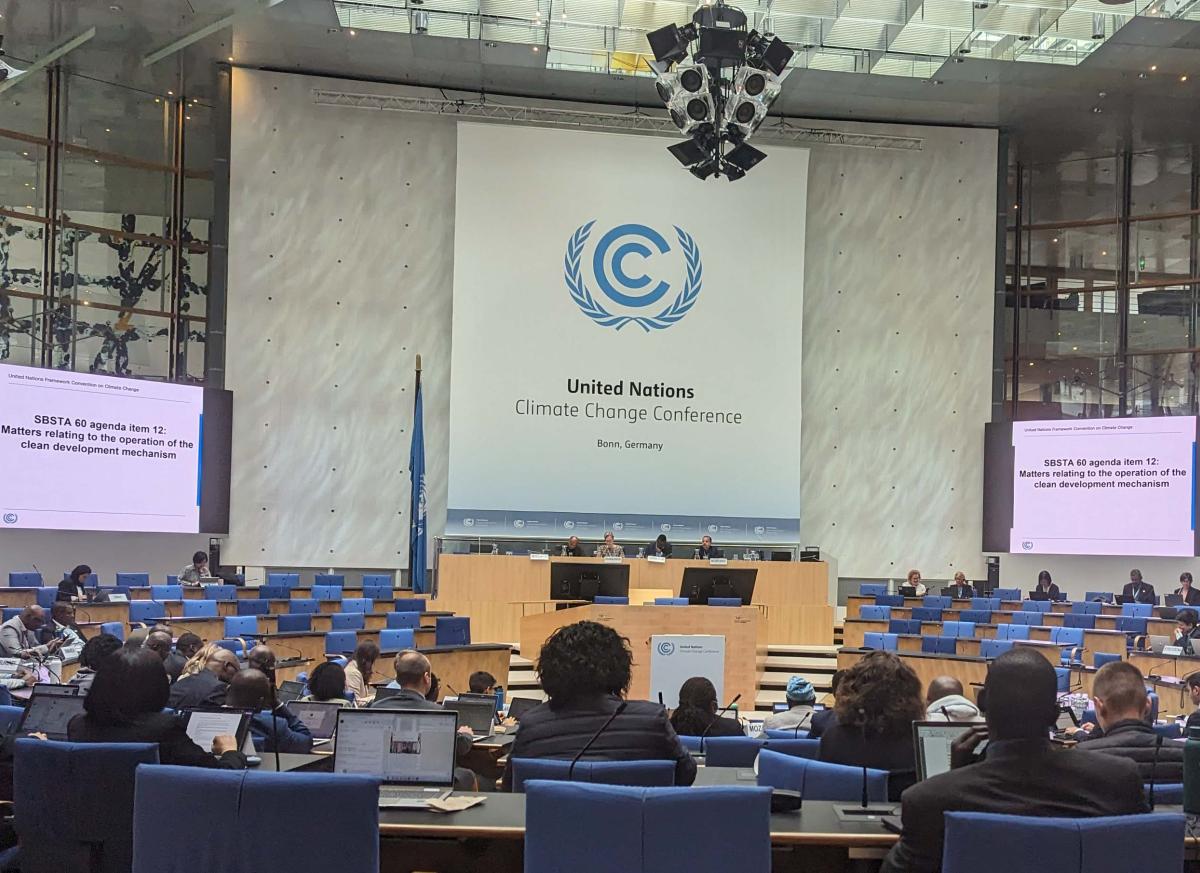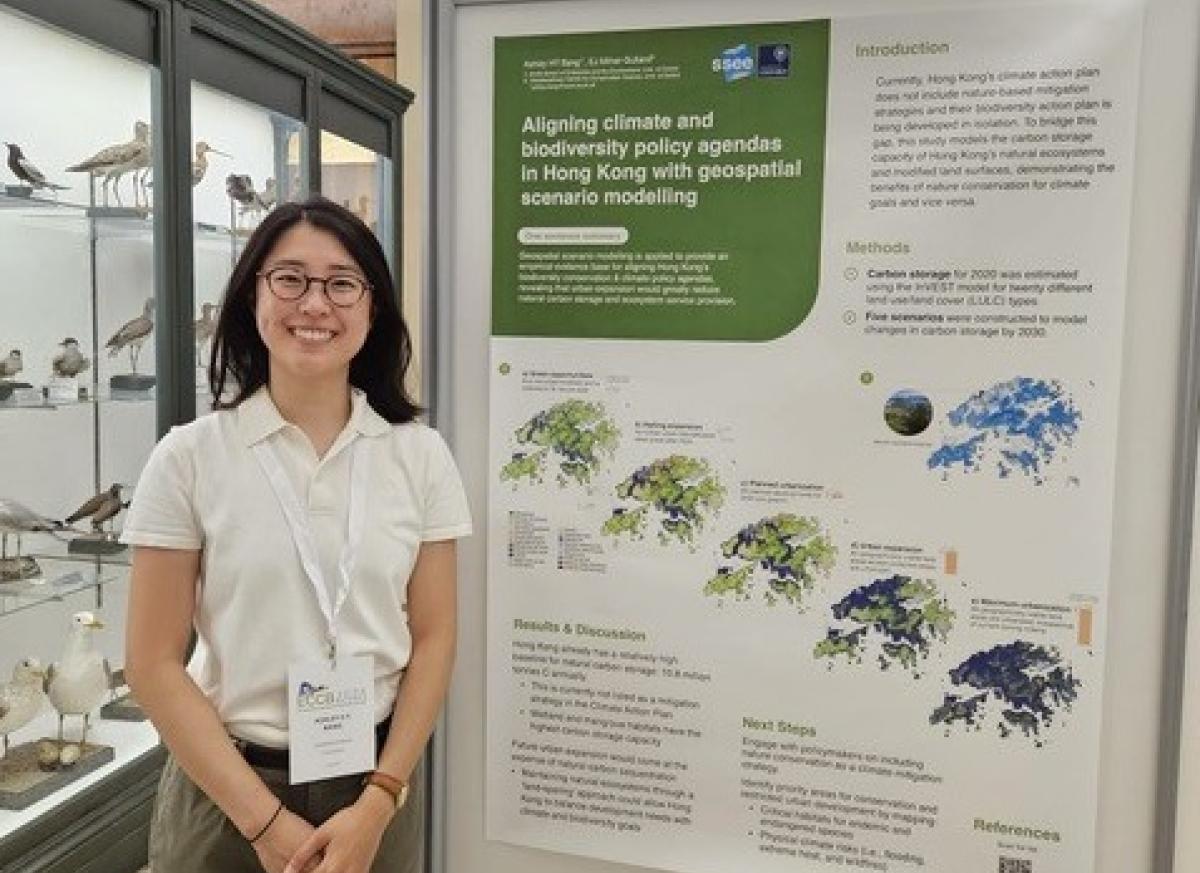News
Climate tech explained: Carbon capture and removal
“Large polluters, tech start-ups, and governments are all moving swiftly to work out how best to remove carbon dioxide from the air,” reports the Financial Times, in an article referencing the latest State of Carbon Dioxide Removal report.
European carbon removal specialists to support new projects in India
Dr Steve Smith commented on a new initiative to help businesses in India remove carbon dioxide from the atmosphere. "We are going to need this to become far more mainstream than it currently is,” he said.
Research shows that auctions can help phase out coal while minimising taxpayer burden
A new study led by Dr Sugandha Srivastav of the Oxford Smith School & Institute for New Economic Thinking, published in Climate Policy, analyses the world’s first coal phaseout auction (conducted in Germany) and finds that it is a transparent and potentially cost-effective way for the early retirement of coal-fired p
Is Organic Produce Worth the Higher Price?
Mike Clark, Director of the Sustainable Food Programme at the Smith School, weighs in on the climate and land-use pros and cons of eating organic.
More finance, policy ambition demanded at London climate week
Experts including Smith School researcher Dr Brian O'Callaghan discuss climate finance goals, international pledges and the urgency of action ahead of COP29.
Article 6 in focus: Bottlenecks and breakthroughs at Bonn
Dr Injy Johnstone explores the issues on the table for Article 6 at the Bonn Climate Change Conference 2024 and outlines what has changed after the negotiations.
Climate Compatible Growth programme receives £57m funding boost from UK Government
The Climate Compatible Growth (CCG) programme has received £57m of additional funding for its research into sustainable energy and transport systems in the Global South.
MSc student Ashley Bang wins Journal of Ecology Best Poster Award
Ashley Bang, a current student on the Smith School’s MSc in Sustainability, Enterprise and the Environment received the Journal of Ecology Best Poster Award at the European Congress of Conservation Biology.
Do We Really Need Carbon Removal? 5 Insights From World’s Top Experts
Forbes speaks with experts and digs into the State of Carbon Removal Report 2024 to find out what the future holds for this growing industry.
Paris Olympics promise climate action, experts remain sceptical
Kaya Axelsson comments on the Games' commitment to 'climate contributions' rather than offsets. "It's a great way to stay honest about an organisation's own footprint while supporting and financing progress to global net zero goals."
Solar power is going to be huge
The Economist cover story explores how the exponential growth of solar power will change the world, featuring research from Rupert Way, Penny Mealy, Matt Ives and Doyne Farmer of INET, OMS and the Smith School.
Asian Development Bank pursues private finance to meet climate goals
Sugandha Srivastav comments on the growth potential of green industries in the developing world as part of the FT's Special Report on Asia-Pacific Climate Leaders.









